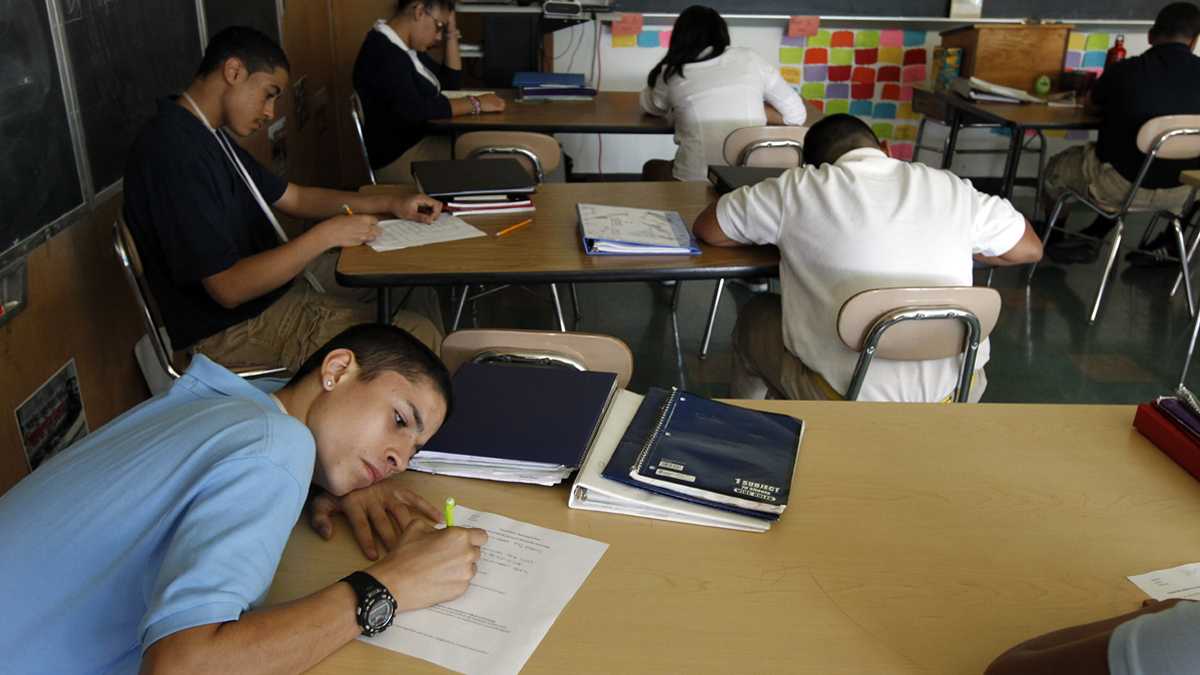Federal appeals court rules against Lancaster school district in refugee education lawsuit

In this file photo
The legal battle stems from charges that Lancaster school officials systematically denied equal access to educational opportunities to refugee students by sending them into a magnet school.
A three-judge panel’s ruling issued Monday backed a prior decision letting student refugees choose where they want to enroll in the School District of Lancaster.
The district’s appeal was the first considered by the Third Circuit court stemming from an Equal Educational Opportunities Act claim that a school failed to take appropriate steps to overcome language barriers, according to the 46-page decision.
The district was sued last July by the ACLU and Education Law Center on behalf of six student refugees over the age of 16.
They’d been placed in Phoenix Academy, a magnet school with a fast-track curriculum designed to make sure students graduate on time. District officials say that’s because refugees often arrive with little or no high school credit. And all students are no longer entitled to a free public education in Pennsylvania after they turn 21.
But because the refugees are new to learning English, they struggled at Phoenix.
A court decision last August allowed the students to transfer ot the International School program at Lancaster’s mainstream public high school, for those who are least proficient in English .
District officials appealed because they say they — not the courts— should make decisions about student placement.
But their argument was rejected in Monday’s ruling.
Now, the case will return to U.S. District Court in Easton.
“Today’s ruling has no bearing on our ongoing commitment to serve and educate our refugee students in an effective and lawful manner,” Lancaster schools’ spokeswoman Kelly Burkholder wrote in an email Monday. “We look forward to a full trial at which the merits of our educational practices can be thoroughly presented.”
But both decisions note that the district hasn’t been evaluating whether the magnet school — or any other curriculum or program — is effective for students that aren’t proficient in English.
The thing is, Pennsylvania law doesn’t spell out requirements.
But Monday’s ruling does add some clarity because it states schools need to have effective programs to help students overcome language barriers, and evaluation is needed to gauge effectiveness, says Education Law Center attorney Maura McInerney, one of the lawyers representing the refugees.
McInerney says the refugees’ lawyers want to get a broader, longer-term court order to permanently change district policy applying to all students.
More than 600 refugees attend Lancaster’s public schools, which get about $70,000 per year in federal Refugee School Impact Grant funds.
WHYY is your source for fact-based, in-depth journalism and information. As a nonprofit organization, we rely on financial support from readers like you. Please give today.



